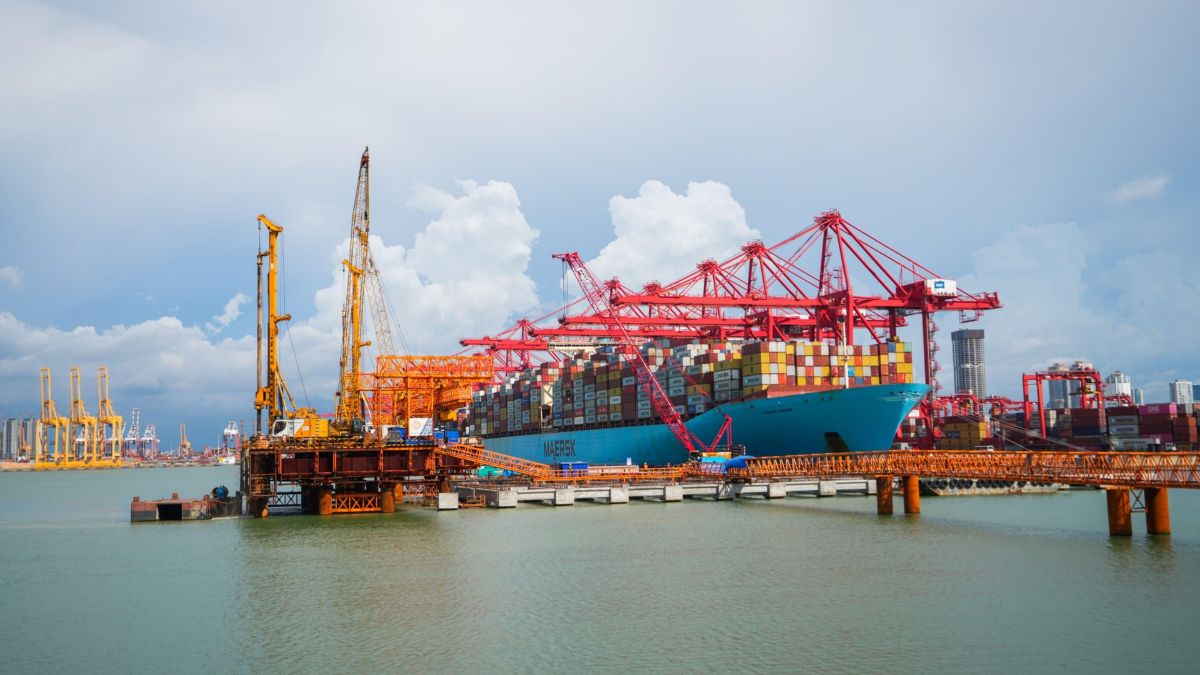The Indian government is in the final stages of refining its ambitious ₹44,313 crore project to develop an international container transhipment port in the strategically located Great Nicobar Island. This initiative, which is part of India’s broader strategy to bolster its maritime infrastructure, is poised to transform the island into a key hub for global shipping and trade.
The proposed port, envisioned as a state-of-the-art facility, will be developed at Galathea Bay on Great Nicobar Island. It aims to capitalize on the island’s strategic location, which is near the vital East-West shipping route. This positioning will enable the port to serve as a significant transhipment hub for global trade, reducing dependence on foreign ports for container transhipment and enhancing India’s maritime self-reliance.
The project, which has received the green light from the central government, is set to be developed in phases, with the first phase expected to be completed by 2028. The initial phase will involve the construction of a deep-draft port capable of handling large container ships, with a capacity to manage over 4 million TEUs (twenty-foot equivalent units) annually. Future phases will expand this capacity further, to make the port one of the largest in the region.
Officials have emphasized that the development of the Nicobar port is critical for enhancing India’s connectivity with Southeast Asia and beyond. The port will not only facilitate the transhipment of goods to and from neighbouring countries but also serve as a gateway for India’s exports to global markets. Additionally, the project is expected to generate significant economic benefits for the Andaman and Nicobar Islands, including job creation and infrastructure development.
The government is also ensuring that the project aligns with environmental sustainability goals. Comprehensive environmental assessments are being conducted to mitigate potential impacts on the island’s unique ecosystem. Measures include the use of green technologies, sustainable construction practices, and a commitment to preserving the island’s biodiversity.
In addition to its economic and strategic significance, the Nicobar port project is part of India’s larger vision of developing its maritime infrastructure to support the country’s growing trade ambitions. The port is expected to attract significant investment from both domestic and international players, further boosting India’s standing in global trade.
The development of the Nicobar port is also seen as a move to counterbalance China’s growing influence in the Indian Ocean region. By establishing a major transhipment hub in Nicobar, India aims to strengthen its maritime presence and enhance its strategic leverage in this crucial geopolitical corridor.

